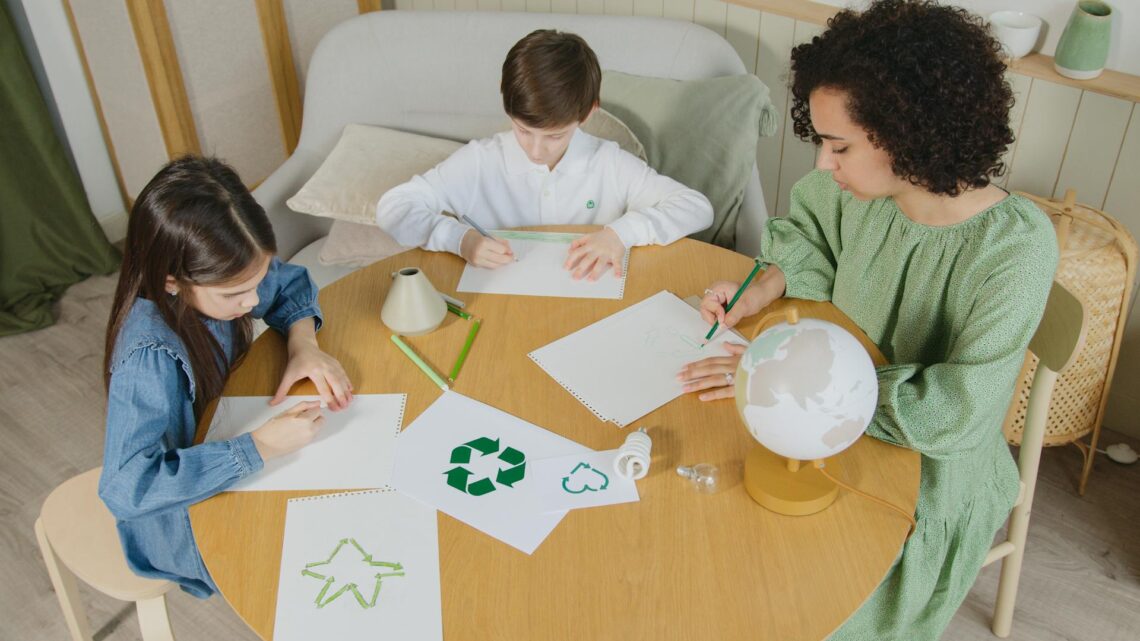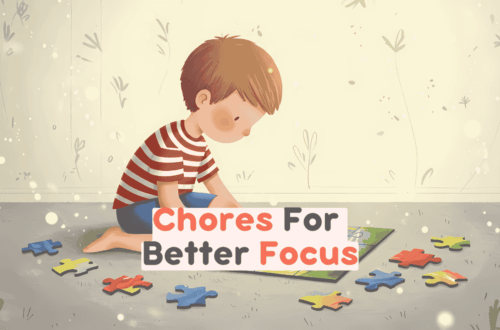As any parent knows, getting kids to consistently help out around the house can feel like an uphill battle. From constant reminders to reluctant compliance, chores often become a source of tension rather than teamwork in the family. Yet, when approached thoughtfully, chores are not just about keeping the home tidy—they’re powerful opportunities to teach essential life skills, including how kids can work together effectively. Understanding how chores teach kids teamwork can transform your family’s routine from a battleground of nagging into a cooperative effort where responsibility and independence flourish.
👉 To help you get started, grab our free printable chore charts by age. These charts provide a clear, age-appropriate framework for assigning tasks that promote collaboration among siblings and parents alike.
Why Teaching Teamwork Through Chores Matters
Teamwork is a foundational skill for children’s social and emotional development. It teaches them how to communicate effectively, resolve conflicts, and share responsibilities—skills that extend far beyond household chores. Research from the Journal of Applied Developmental Psychology highlights that children who regularly engage in collaborative tasks at home develop stronger problem-solving abilities and empathy towards others (Wentzel, 2014).
Furthermore, chores can be a natural setting for teaching responsibility and fostering kids’ independence. When children work together to complete tasks, they learn that their contribution matters and that cooperation leads to better, quicker results—experiences that build confidence and a sense of belonging in the family unit.
Chores That Teach Kids Teamwork: A Practical List
Assigning chores that require coordination and collaboration is key to instilling teamwork. Here are some effective chore ideas designed for siblings or family members to tackle together:
- Cleaning Common Areas Together: Have your kids work side-by-side to tidy up living rooms, kitchens, or play areas. Dividing tasks like dusting, sweeping, and organizing encourages cooperation and communication.
- Meal Preparation: Cooking is a prime activity for teamwork. Older kids can chop vegetables while younger ones set the table. Assign roles so everyone feels included and essential.
- Laundry Sorting and Folding: Sorting clothes by color and folding can be a shared chore that teaches patience and coordination, especially when done as a team.
- Gardening Projects: Planting, watering, and weeding become collaborative outdoor chores that not only teach responsibility but also nurture connection with nature.
- Setting Up and Cleaning After Family Meals: Make it a team effort for all to pitch in with setting the table and clearing up afterward, reinforcing the idea that maintaining the home is a collective responsibility.
- Organizing Toy or Book Areas: Encourage siblings to tidy shared spaces together, which promotes negotiation skills and mutual respect.
- Household Errands: Tasks like sorting recycling or taking out trash can be done in pairs or small groups to model cooperation.
- Pet Care: Feeding, walking, or grooming family pets can be divided among kids, fostering teamwork and empathy for living creatures.
These shared chores not only lighten the load but also provide daily practice in working as a team. For ideas tailored by your child’s age, check out our printable chore charts by age to help assign tasks that match skill levels and encourage joint effort.
Tips and Common Mistakes When Teaching Teamwork Through Chores
While chores are great for nurturing teamwork, mindful parenting can make a big difference in how effectively kids learn this skill:
- Don’t Over-Schedule: Avoid assigning too many chores at once, which can overwhelm and cause resistance. Start small and build up as teamwork improves.
- Avoid Micromanaging: Give children the space to problem-solve how to best work together instead of dictating every step. This encourages independence and creativity.
- Celebrate Effort and Success: Positive reinforcement and acknowledging cooperation reinforce the value of teamwork.
- Use Clear Communication: Teach kids to express their needs and listen to each other during chores to mitigate arguments—see our article with practical tips for easier family chores.
- Encourage Role Rotation: Let children swap tasks to gain appreciation for different responsibilities and build empathy among siblings.
Tracking Chores to Support Teamwork: The Kikaroo App
Keeping tabs on chores can be challenging, but digital tools like the Kikaroo app make it easier and fun for kids to stay motivated as they learn teamwork. The app offers customizable chore charts and rewards systems that promote consistency, accountability, and positive reinforcement.
With Kikaroo, parents can assign group tasks, track progress for multiple children, and encourage healthy competition or collaboration. It’s a modern way to keep responsibility organized while nurturing your children’s independence and shared contribution.
Further Reading and Resources
- For a detailed breakdown of chores suited to different ages, see our chores by age guide.
- Need strategies to boost your child’s cooperation? Check out our helpful how to motivate kids without arguments article.
- Learn more about cultivating responsibility with chores in our comprehensive guide to teaching kids responsibility.
Conclusion
Discovering how chores teach kids teamwork unlocks a powerful way to transform everyday tasks into life-shaping experiences. By focusing on shared responsibilities, open communication, and mutual respect, parents can help children develop essential social and personal skills. Incorporating age-appropriate, collaborative chores supported by tools like our free printable charts and the Kikaroo app fosters a family environment where responsibility, independence, and cooperation thrive.
Ready to transform chores into a teamwork-building adventure? Start today with our printable chore charts by age and take the next step by trying the Kikaroo app to make chore tracking engaging and effective for your whole family.

 Home
Home Features
Features Testimonials
Testimonials Downloads
Downloads FAQ
FAQ Blog
Blog








